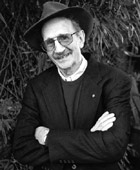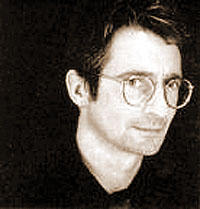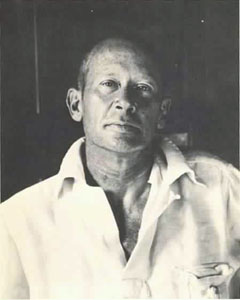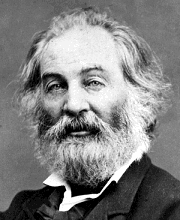Samurai Song by Robert Pinsky
Monotony is a big risk with a poem like this, considering the repetitive “when…then…” structure. Think about how redundant the poem would get if all of it were organized like the second stanza, with each line containing a complete “when…then…” thought. To combat this, Pinsky uses line breaks to keep the reader off-balance.
Samurai Song
By Robert Pinksy
When I had no roof I made
Audacity my roof. When I had
No supper my eyes dined.
When I had no eyes I listened.
When I had no ears I thought.
When I had no thought I waited.
When I had no father I made
Care my father. When I had
No mother I embraced order.
When I had no friend I made
Quiet my friend. When I had no
Enemy I opposed my body.
When I had no temple I made
My voice my temple. I have
No priest, my tongue is my choir.
When I have no means fortune
Is my means. When I have
Nothing, death will be my fortune.
Need is my tactic, detachment
Is my strategy. When I had
No lover I courted sleep.
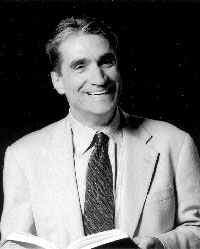 Robert Pinsky was born in Long Branch, New Jersey, in 1940. He is the author of six books of poetry and is currently the poetry editor of the weekly Internet magazine Slate. Pinsky teaches in the graduate writing program at Boston University, and in 1997 was named the United States Poet Laureate
Robert Pinsky was born in Long Branch, New Jersey, in 1940. He is the author of six books of poetry and is currently the poetry editor of the weekly Internet magazine Slate. Pinsky teaches in the graduate writing program at Boston University, and in 1997 was named the United States Poet Laureate



